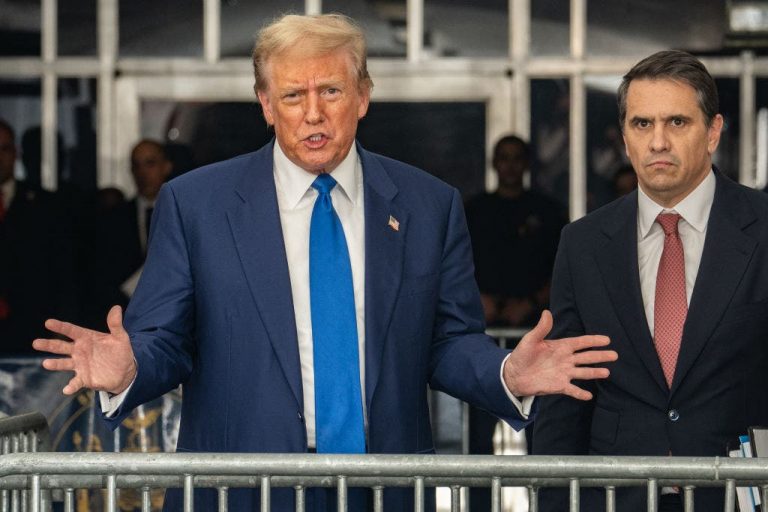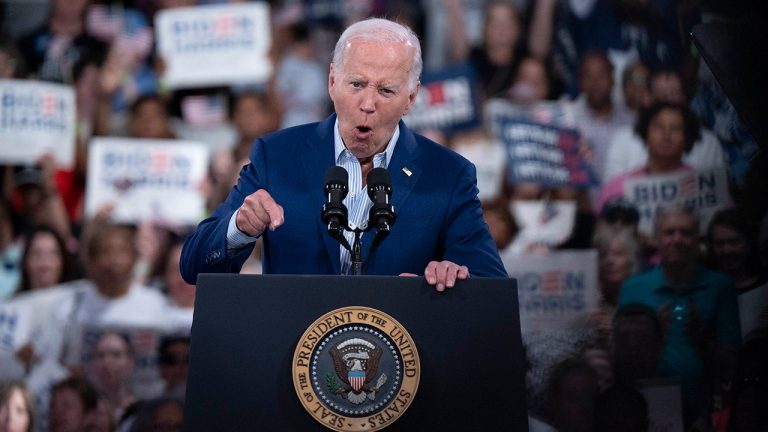Dem governor vetoes bill restricting foreign land ownership in Kansas.
In a recent turn of events, proposed restrictions in Kansas on the foreign ownership of land failed, as the state’s Democratic governor vetoed a bill that was aimed at protecting military bases from potential Chinese espionage. The bill, which top Republican lawmakers argued would safeguard against national security threats posed by countries like China, Cuba, Iraq, North Korea, and Venezuela, would have limited foreign ownership to less than 10% of non-residential property within 100 miles of military bases in Kansas.
The justification for the bill was based on concerns regarding foreign real estate ownership, particularly by Chinese individuals and companies. However, a report from Kansas State University revealed that only a minimal portion of privately owned agricultural land in Kansas was attributed to Chinese ownership. Foreign entities, in total, owned just 2.4% of the state’s private agricultural land. Despite this data, the bill aimed to enforce stricter regulations by requiring the university to compile annual reports on all foreign real estate ownership, encompassing non-agricultural business properties as well.
Governor Laura Kelly justified her veto by emphasizing that while the state does need safeguards against foreign threats, the bill’s broad scope could potentially hinder legitimate investments and business relationships. She stressed that signing such a bill could jeopardize the state’s future economic prosperity and development, ultimately undermining its growth potential.
One important aspect to consider is Kansas’ substantial export industry, which amounted to $14.1 billion in 2023, with China being the fourth-largest trading partner. This highlights the significance of maintaining a balance between security measures and economic growth, as stringent restrictions on foreign ownership could impact trade relations and export revenues.
While Kansas already has regulations in place regarding corporate ownership of agricultural land, additional concerns arose following an incident in early 2023 where a Chinese spy balloon traversed U.S. airspace, including over northeast Kansas, near Fort Leavenworth. The proximity of critical military installations and biosecurity facilities raised red flags, prompting discussions on the need for stricter controls on foreign land ownership.
House Majority Leader Chris Croft, a staunch supporter of the bill, criticized the veto, expressing concerns about leaving military bases and critical infrastructure vulnerable to foreign interference. He emphasized the importance of safeguarding the state’s assets and security from potential adversarial threats that could exploit loopholes in land ownership laws.
Some conservative Republicans, led by Kansas Attorney General Kris Kobach, advocated for even more stringent restrictions, proposing a complete ban on foreign ownership exceeding 3 acres of land. Their aim was to establish a state board that could make exceptions on a case-by-case basis to further reinforce security measures and protect against foreign interference.
Despite strong opposition and concerns about xenophobia, proponents of the bill remained steadfast in their efforts to protect Kansas and its citizens from malicious foreign actors seeking to exploit vulnerabilities in land ownership regulations. House Speaker Dan Hawkins underscored the importance of continuing the work to ensure the state’s security remains uncompromised.
While the bill was met with resistance from some state Senate Republicans, falling just short of the required two-thirds majority for an override, it aimed to give affected foreign entities a two-year transition period to divest their Kansas properties. Critics of the bill highlighted potential repercussions on immigrants and individuals striving to achieve the American dream, suggesting that the bill could force them to sell their businesses, disrupting their livelihoods.
As the debate continues, the delicate balance between security concerns and economic interests remains at the forefront of discussions. Finding a middle ground that ensures both national security and economic prosperity will be crucial for shaping the future of land ownership regulations in Kansas.








